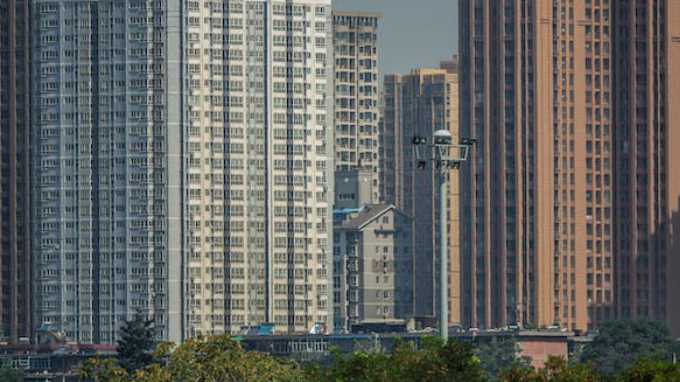Expert Advises Pet Owners to Ensure Pets Do Not Cause Trouble in Housing Societies

Expert Advises Pet Owners to Ensure Pets Do Not Cause Trouble in Housing Societies
Mumbai housing society seeks answer for its queries; expert Sharmila Ranade answers.
11th June 2024
By Khushi Maheshwari
The question was posed by MJ Khadilkar from Andheri whose work has been interrupted repeatedly by the loud call of a rooster kept as a pet by his neighbour.
He stated, “My neighbour has a rooster which crows irritatingly throughout the day, causing nuisance to me and the entire society. I am told his owners generally keep him in a cage. I understand his owners have gone out of town leaving him alone at home and someone comes only to feed him during the day. I am conducting online sessions and being into the entertainment industry, I have to record audio and videos from my house. The crowing of the rooster is impacting my professional and personal life. What can be done to stop this nuisance?”
Pets are allowed in housing societies for members. A rooster is a country bird that is rarely kept as a pet in metropolitan homes. There must be a pet policy in every community. When in communal areas, pet owners are responsible for making sure their animals don’t bother, annoy or inconvenience other members. It is challenging to manage pets in the home, particularly dogs barking, roosters crowing, etc.
Pet owners must be aware of the trigger events for their pets and steer clear of them in order to prevent upsetting or bothering other members of the community. In order to ensure that their pets behave well, people must give them a comfortable home.
One reason the rooster may crow frequently is if it is kept in a cage. Animals kept in cages, including birds, are subject to maltreatment under the Prevention of maltreatment to Animals Act. Residential areas have a permitted noise limit of 45 dB at night and 55 dB during the day. Given your line of employment, you can alert your neighbour and the society to the aforementioned requirements so that any necessary corrective action can be taken.
If you do not hear back positively, you can register a complaint with the DDR, the Pollution Control Board, and the Animal Welfare Board if there has been any breach of the relevant laws and regulations.
Another query was posed by Shehnaz Alam, residing in Kurla: “I have purchased a developer’s flat in a society that he developed and the agreement is also registered. Members of the society have some pending issues with the developer because of which they are not admitting me. How can I become a member in such a scenario?”
The expert answered, “To request the DDR’s involvement, you can submit an application in Form H-1 together with the membership fee. Within 30 days of receiving the application, the registrar (via DDR or any other authorised person) should forward it to the society. You will be considered to have joined the society if, within 60 days of the date of application receipt and the payment, no decision is communicated by your society.”
If there is any doubt as to whether you have become a considered member or not, the registrar has the authority to make that determination after providing all parties involved with a chance to be heard. The registrar’s decision is final, and he has fifteen days from the decision date to notify the relevant parties of it. (MCS Act, Section 23, Rule 19A).
Manita Samant from Mulund asked, “I am in the process of purchasing a new house having MahaRERA registration. Is there a standard format of allotment letter to be executed with the developer?”
The short answer is yes. You can consult the MahaRERA website at maharera.mahaonline.gov.in. By virtue of its Order No. 30/2022, dated 3/06/2022, MahaRERA has established the allotment letter template. The allotment letter that your developer creates must follow the guidelines in Annexure 1 of the aforementioned order. When registering the project, your developer must upload the allocation letter format to the MahaRERA website. When considering the purchase of a unit in a registered project, it is recommended to review all project data and the documentation posted on the MahaRERA website.
Sharmila Ranade, a legal specialist connected to Mumbai Grahak Panchayat, responded to the inquiries.









